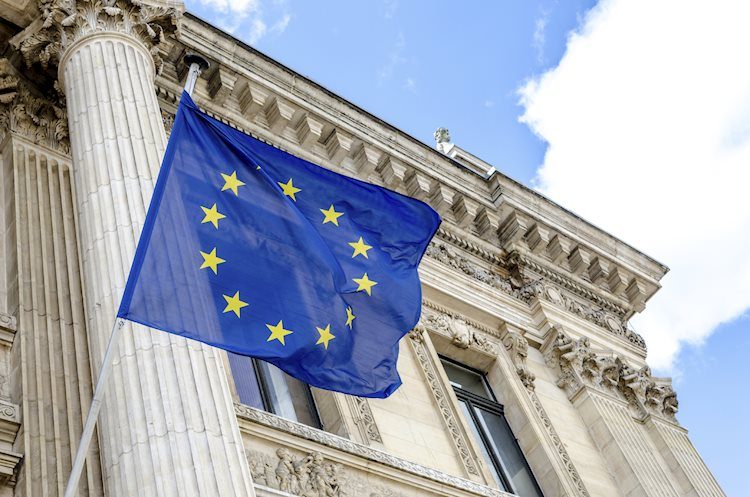- European Banking Authority (EBA) guidelines require cryptocurrency providers to implement strong screening systems and internal controls to comply with EU sanctions.
- From December 2025, these measures align with the EU frameworks on combating money laundering and countering the financing of terrorism.
- The growing European crypto market requires crypto asset providers to adopt these guidelines to avoid sanctions.
The European Banking Authority (EBA) has published guidelines to improve the compliance of financial institutions, payment service providers (PSPs) and crypto asset service providers (CASPs) in the European Union (EU). ).
On Thursday, new rules were published to ensure compliance with strict EU regulations on fund and cryptocurrency trading. The project shows that the EBA wants to resolve issues of governance, internal controls and risk management within the financial ecosystem.
The plan will come into force in December 2025. The rules strengthen the regulation of financial activities and align with the EU frameworks on anti-money laundering (AML) and countering the financing of terrorism (CFT).
EBA strengthens compliance
Due to new regulations, PSPs and PSAPs are required to implement reliable screening tools. These steps are intended to make it easier for people to follow the rules. The EBA has put in place methods to reduce the risks of individuals or entities attempting to violate EU sanctions.
The guidelines explain how to strengthen governance and risk management systems to reduce legal violations and stabilize the EU financial sector.
The EBA emphasizes that financial institutions must learn from past situations where they were severely sanctioned for failing to comply with sanctions systems in order to be more likely to do so in the future.
The EBA Guidelines aim to create a safe and transparent financial environment by implementing strict internal controls and advanced screening processes, adhering to global standards on anti-money laundering and anti-money financing. terrorism.
Europe Steps Up Crypto Regulation
PSPs and CASPs in Europe will be required to implement strict measures to ensure that fund transfers comply with EU sanctions. These measures include verifying user information, screening for potential sanctions violations, and detecting attempts to circumvent regulatory frameworks.
This regulatory push comes after the 2021 EU legislative package aimed at reforming anti-money laundering and counter-terrorist financing protocols. Regulation (EU) 2023/1113 is key, as it details information requirements relating to transfers of funds and crypto-assets.
This increased surveillance shows growing concerns about the misuse of crypto assets in illegal activities. PSPs and PSAPs must align their operations with the new rules before the December 2025 compliance deadline.
Failure to comply with these rules could result in heavy sanctions, such as exclusion from EU financial markets, underscoring the need for industry players to adopt these regulations quickly and effectively.




